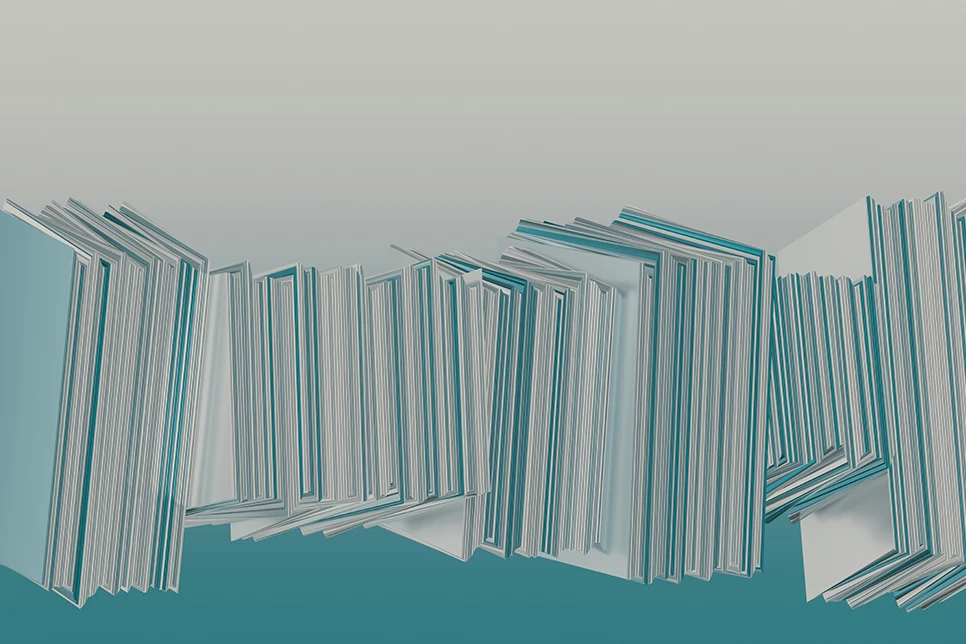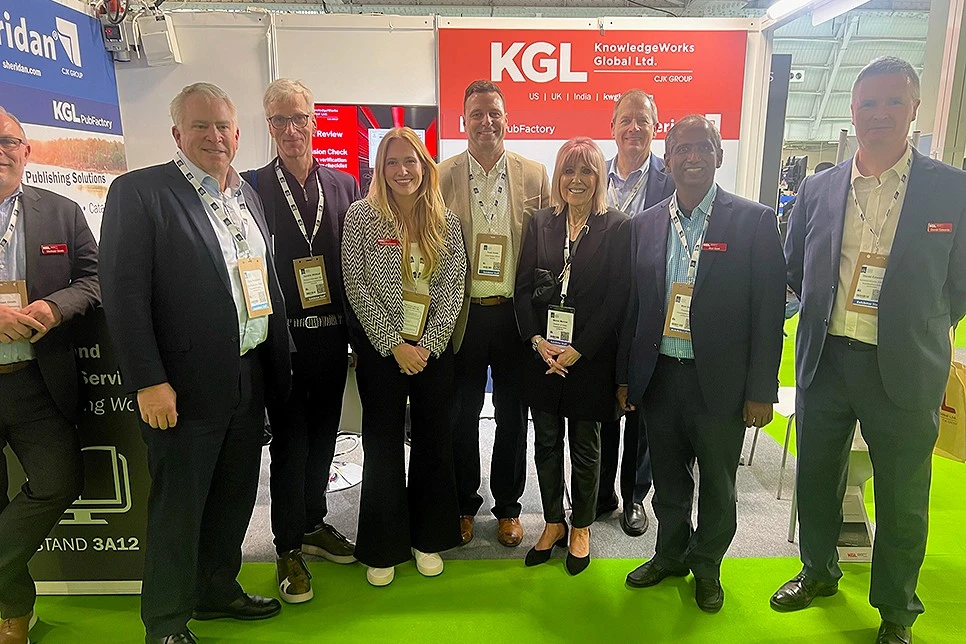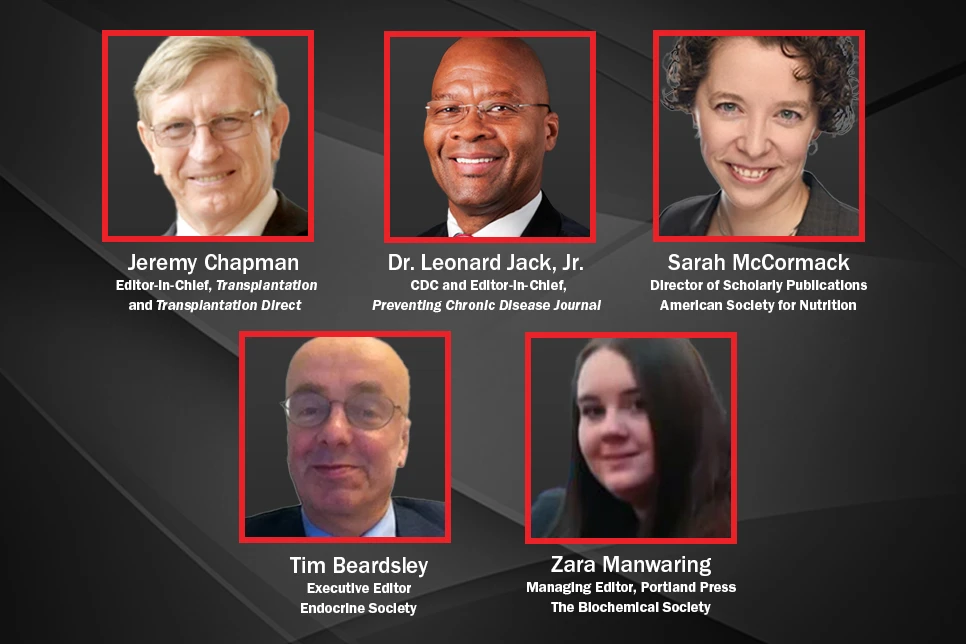
We sat down with entrepreneur, Trip Adler to learn how his platform can help authors make money licensing their work to train LLMs.

By creating work that follows accessibility recommendations, authors will not only make their research available to a wider audience, they may also enjoy a smoother path to publication.

KGL marketing intern, Kate Kurtzman shares her observations on the many sides of the publishing industry, self-belief as a woman, insights into AI, and the value of networking.

The boundary that separates legitimate from dubious academic journals—and the process by which they can rapidly descend from the former to the latter group—also serves as a cautionary case in point.

The integrity of scholarly research has always been one of the most—if not the most—important pillars of academic publishing. Authenticity, accuracy and reliability have always been the bedrock of the industry and a source of great pride for those working within it.

Remaining competitive in today’s complicated scholarly journal landscape has never been more challenging for publishers. Confronted with rapidly evolving business models, funding constraints, growing competition and stretched resources, sustaining and growing revenue can seem like a daunting task and uphill struggle at times.

KGL Editorial recently interviewed five scholarly journal editors and publishing experts on the unique aspects they consider in their peer review process.

Globalization is not, by any stretch of the imagination, a new trend. For decades, our world has steadily become more interconnected and, without doubt, this is a pattern that is set to continue long into the future.

For over a hundred years, the business of publishing academic journals has been sustained by the subscription model.










